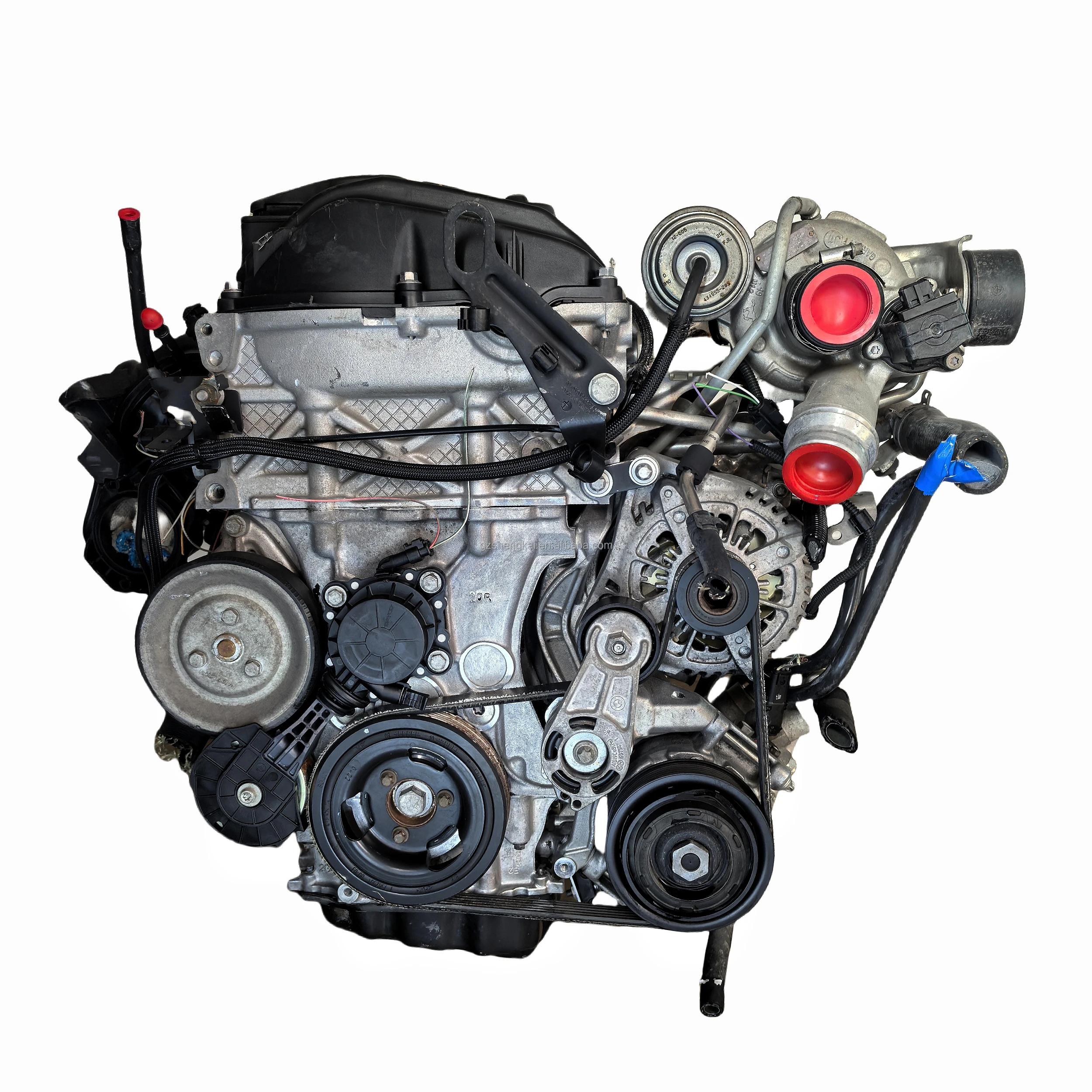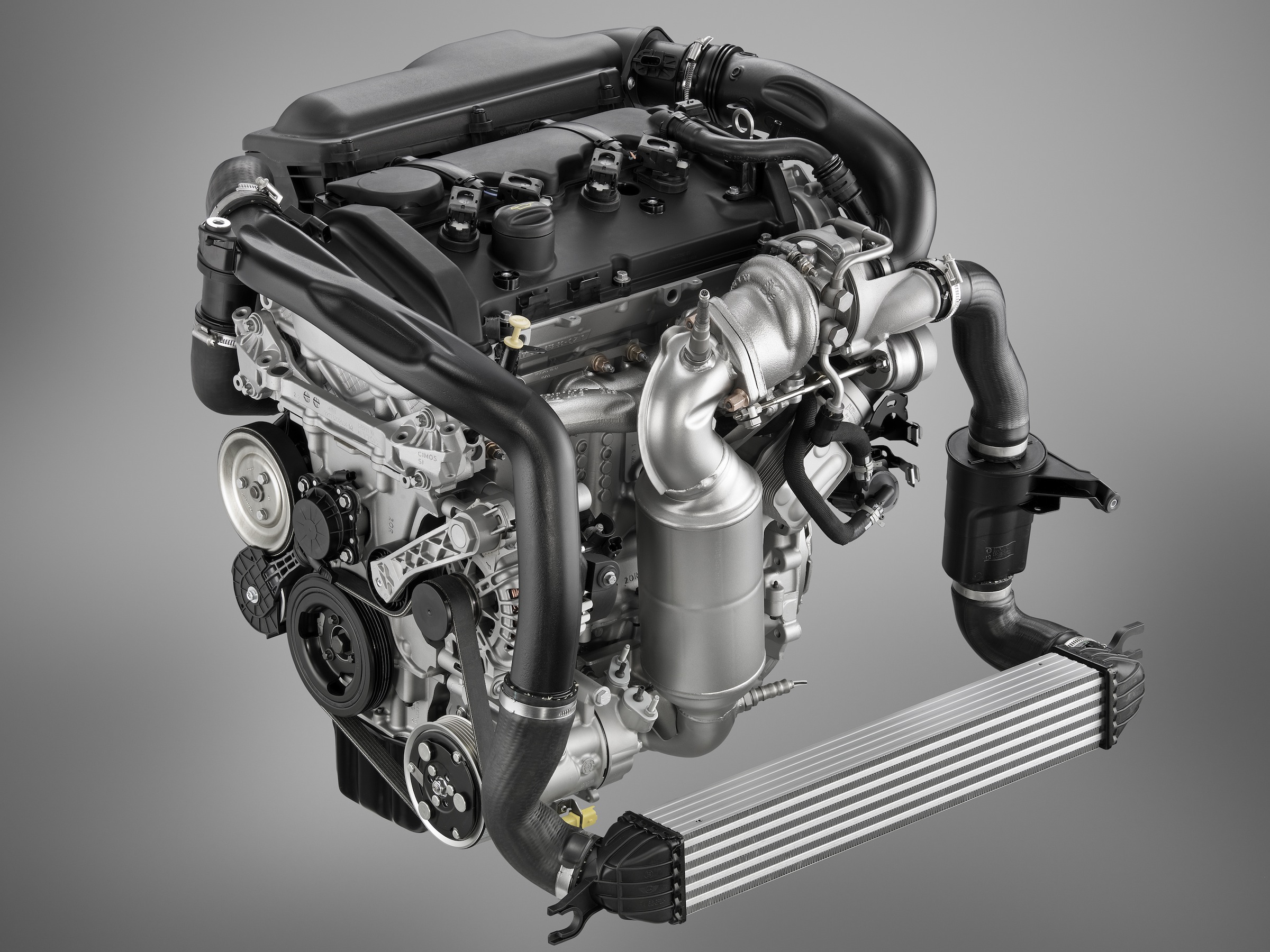Understanding the Fuel Consumption of BMW N13 Engine for Better Mileage
Checking Out the Performance and Requirements of the BMW N13 Engine: A Comprehensive Overview
The BMW N13 engine, introduced in 2011, stands for a substantial improvement in automotive engineering, identified by its turbocharged inline-four style and innovative technology. With a capability of 1.6 liters, it stabilizes efficiency and effectiveness, offering a remarkable series of horsepower and torque fit for various BMW and MINI versions. Recognizing its full possibility calls for a closer exam of its specs, capabilities, and the vital function of upkeep in making certain ideal performance. What understandings can be gleaned from an in-depth analysis of this engine's applications and reliability?
Review of the BMW N13 Engine
The BMW N13 engine, which debuted in 2011, is a turbocharged inline-four powertrain created to deliver both performance and effectiveness. This engine belongs to BMW's modular engine household and was primarily introduced in the BMW 1 Series and 3 Collection versions, to name a few. With a focus on compactness and weight reduction, the N13 engine integrates innovative engineering strategies that enhance its overall efficiency.
The N13 engine uses a twin-scroll turbocharger, which enhances air flow and lessens turbo lag, causing a receptive driving experience. Its direct fuel injection system additional adds to improved gas economic climate and minimized discharges, lining up with modern environmental requirements. The engine includes a robust light weight aluminum block and light weight aluminum DOHC cylinder head, which promotes resilience while likewise decreasing weight.
Moreover, the N13 is made with an equilibrium of power and performance in mind, providing sufficient horsepower for perky driving without jeopardizing gas usage. This double focus makes it an appealing selection for those looking for a vibrant driving experience together with functionality. Generally, the BMW N13 engine stands for an advanced blend of technology and performance, setting a benchmark in its course.
Trick Specs and Functions
With a concentrate on efficiency and effectiveness, the BMW N13 engine boasts remarkable requirements that highlight its design quality. This inline-four engine features a variation of 1.6 litres and uses a turbocharger to improve power output while keeping gas efficiency. The N13 engine is configured with a DOHC (Dual Expenses Camshaft) configuration and employs Valvetronic technology for variable shutoff timing, adding to ideal efficiency across various driving conditions.
Trick specs consist of an optimal power outcome of around 136 horsepower at 4,500 RPM and a peak torque of around 220 Nm readily available from 1,250 to 4,300 RPM. This engine is made with a light-weight aluminum building and construction, ensuring reduced weight and improved thermal efficiency. Furthermore, the N13 engine is compatible with both petrol and bio-fuels, enabling convenience in gas options.
The engine is coupled with either a 6-speed handbook or a 7-speed dual-clutch transmission, allowing smooth equipment transitions and improving the general driving experience - BMW N13 Engine. With these crucial specifications and functions, the BMW N13 engine exhibits a blend of efficiency, efficiency, and contemporary design, making it a noteworthy option in the automobile market
Efficiency Metrics and Capabilities

The N13 engine includes BMW's Double Scroll turbocharging technology, which boosts throttle reaction and minimizes turbo lag, giving a smooth power delivery. Its sophisticated direct fuel injection system maximizes combustion performance, adding to boosted my response fuel economic climate and lower discharges, essential for fulfilling modern-day environmental criteria.

Applications in BMW Models

In the 1 Series, the N13 engine supports versions such as the 114i and 116i, delivering perky velocity while preserving commendable gas economy. The engine's responsive turbocharging boosts the driving experience, making it ideal for city commuting and dynamic driving situations. Similarly, in the 3 Collection, the N13 is used in the 316i variation, where it contributes to a well-rounded performance account that lines up with BMW's credibility for sporty yet sensible vehicles.
Beyond these core designs, the N13 engine has have a peek at this website actually likewise been included in different MINI vehicles, even more demonstrating its versatility and efficiency. The combination of this engine throughout various platforms highlights BMW's dedication to advancement and efficiency, making sure that customers get a refined driving experience no matter version selection. This versatility notes the N13 engine as a considerable component of BMW's engineering portfolio.
Upkeep and Reliability Insights
Making sure the longevity and efficiency of the BMW N13 engine needs regular maintenance and focus to specific elements. Trick areas that require normal evaluation consist of the oil and cooling down systems, as these straight influence engine effectiveness and total integrity. Engine oil ought to be changed at periods advised by BMW, usually every 10,000 to 15,000 kilometers, making use of premium artificial oils to safeguard against wear and down payments.
The N13 engine is additionally recognized for its turbocharged configuration, which requires mindful monitoring of the turbocharger's health. Routine checks for increase leakages and wastegate feature can prevent prospective failures. Furthermore, the timing chain must be inspected periodically, as it is understood to experience wear in time, which can cause serious engine damages otherwise resolved promptly.
Furthermore, electronic components and sensors must not be ignored; routine diagnostics can assist in determining any concerns before they rise. Following an organized upkeep timetable and utilizing OEM parts for replacements will substantially improve the engine's integrity, ensuring that it continues to be a durable entertainer throughout its life expectancy. Ultimately, diligence in maintenance will certainly not just maintain performance but additionally prolong the engine's operational life.
Conclusion
In final thought, the BMW N13 engine exhibits advanced engineering with next its turbocharged inline-four arrangement, delivering a mix of power and efficiency. Routine maintenance is crucial for maintaining the engine's efficiency and longevity, guaranteeing it stays a competitive selection in the automobile market.
The BMW N13 engine, which debuted in 2011, is a turbocharged inline-four powertrain made to deliver both performance and efficiency.With an emphasis on performance and effectiveness, the BMW N13 engine flaunts impressive specs that highlight its engineering excellence.Structure upon the impressive specs laid out, the efficiency metrics and capabilities of the BMW N13 engine additionally illustrate its strengths in real-world applications. Generally, the BMW N13 engine showcases an engaging combination of efficiency and performance, making it a notable competitor in the portable engine sector.
Making sure the long life and performance of the BMW N13 engine requires regular maintenance and attention to certain parts.